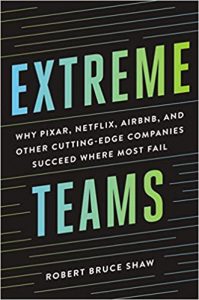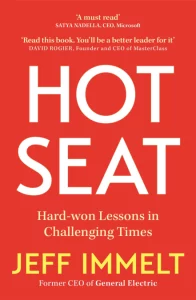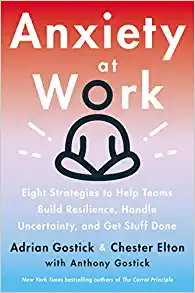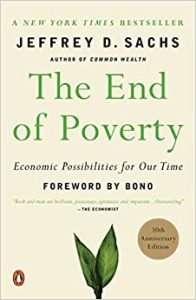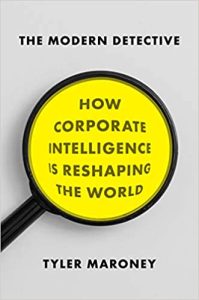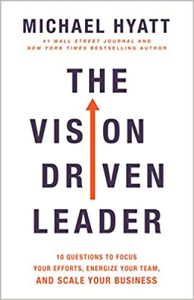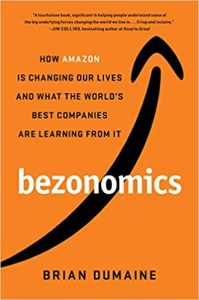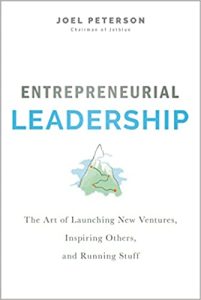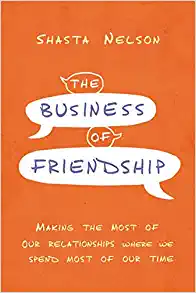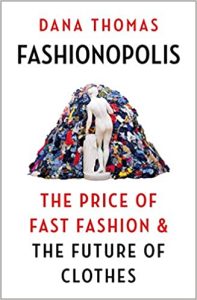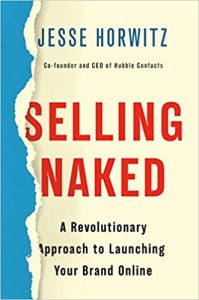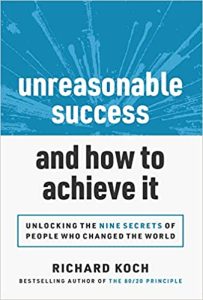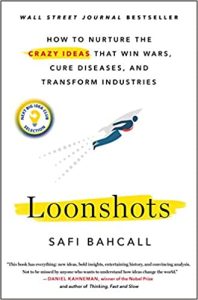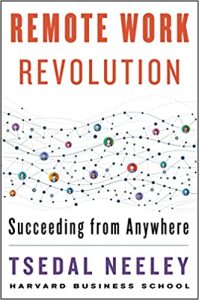Extreme Teams
₦7,000.00Do you face the challenge of building and leading a new team? Revitalizing a stagnant one?
Extreme Teams examines the team practices driving growth in seven of the world’s most cutting-edge firms. They do this by challenging conventional wisdom and doing things differently. The book takes you inside these bold companies and examines the teamwork approaches powering their results, including how:
-Pixar’s teams use rapid-cycle feedback and no-holds debate to transform initially flawed films into billion-dollar hits
-A culture of radical “freedom and responsibility” helps Netflix execute on the next big thing and transform its industry
-Whole Food’s super-autonomous teams embrace tough metrics and friendly competition to drive performance
-Zappos embraces the weirdness and fun that sustains its success
Times change, and so must teams. Designing and managing high-performance teams requires upgrading outdated beliefs and behaviors, and creating in your company the level of intensity and collaboration needed to face down any challenge.

